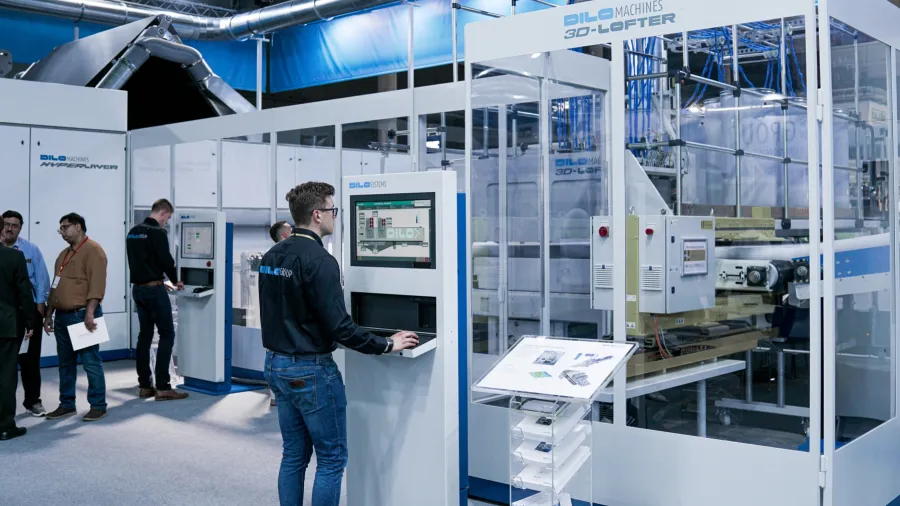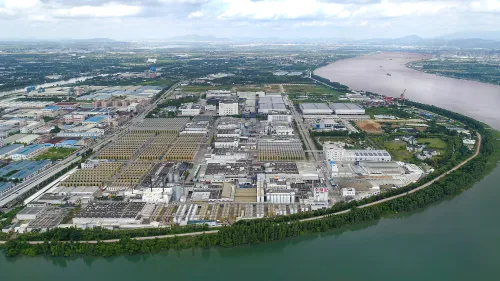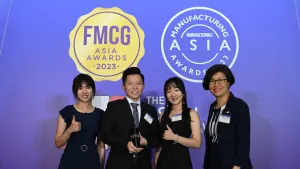
Over 45% of APAC manufacturers face barriers to adopt smart manufacturing
Employee resistance to tech change and lack of skills are the biggest hurdles.
About 45% of manufacturers in the Asia Pacific (APAC) are struggling to adopt smart manufacturing, which is an advanced data monitoring process in factories, according to a study by tech firm, Rockwell Automation.
Rockwell cited that amongst the biggest barriers are skill set gaps, resistance of employees to adapt to changes in technology, and also lack of clear definition of value of smart manufacturing.
Amongst the manufacturers surveyed, more than five in 10 said they lack a skilled workforce to outpace the competition in the next 12 months. Other challenges include technology (43%) and innovation (39%).
About 41% of the respondents said the biggest workforce-related problem would be training current employees on updated processes and a change in management.
“Manufacturers are continuing to seek opportunities for profitable growth but are realising that uncertainty in workforce availability is impacting quality, along with their ability to meet evolving customer needs,” said Veena Lakkundi, senior vice president of strategy and corporate development in Rockwell Automation.
READ MORE: 2 in 3 C-suite execs find talent supply as the top concern for the semiconductor industry
Another obstacle mentioned is cybersecurity, which remains to be the top risk all survey respondents worry about when it comes to smart manufacturing.
The report also showed that four out of five manufacturers lack end-to-end supply chain planning. This means that the majority of APAC manufacturing firms do not have the right software applications designed to alleviate problems in the supply chain.
Investments in smart manufacturing
More than eight in 10 of the surveyed manufacturing firms said they adopted smart manufacturing or pursuing smart manufacturing in 2023.
In APAC, the top three markets that have high adoption rates of smart manufacturing are China (80%), Australia (60%), and India (59%).
APAC manufacturers also said quality management system, manufacturing execution systems, and enterprise resource planning were seen to have the largest return on investment in terms of smart manufacturing methods.
“The survey found that smart manufacturing technology is enabling manufacturers of all sizes to optimise more resilient, agile, and sustainable solutions that accelerate transformation. If we’ve learned anything from history, it’s that organisations that invest in innovation, with a bias for action, during times of uncertainty can outpace competitors.” Lakkundi said.
Top three external forces that slowed the industry’s growth in 2022 were high inflation, the COVID-19 pandemic, and supply chain disruptions. Respondents expect these forces to linger in 2023.
Internal forces that affected the industry were balancing quality and growth, deploying and integrating new technologies, and worker retention or knowledge retention.
Adopting new technology was the top response for risk mitigation of the said internal and external forces.
Rockwell Automation polled over 1,350 APAC manufacturers on smart manufacturing for this study.



















